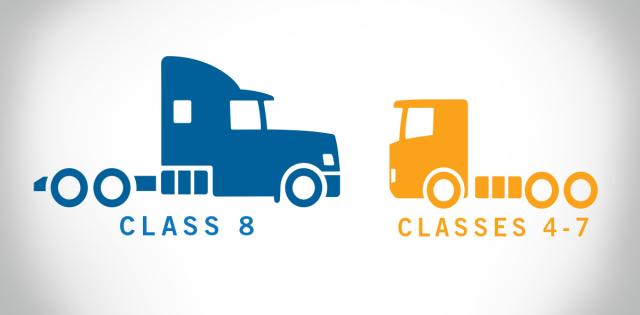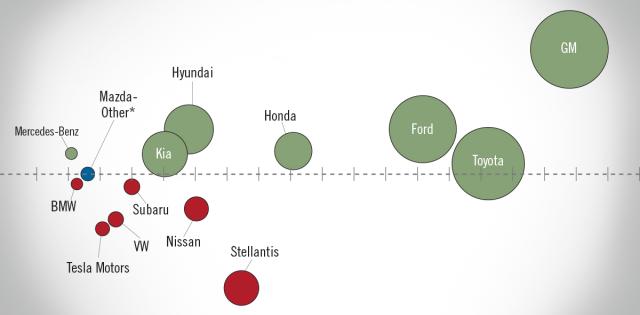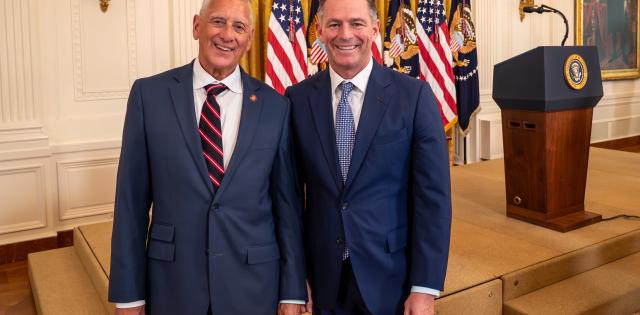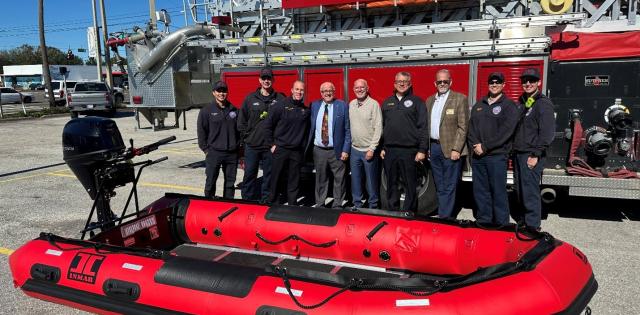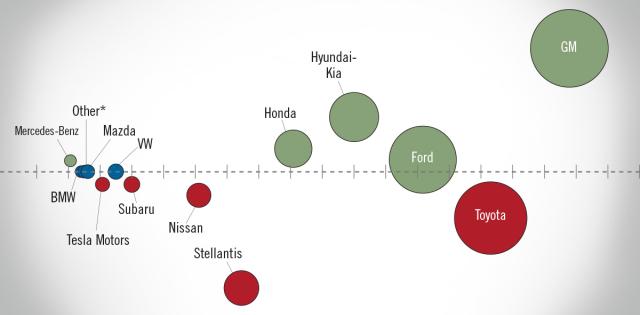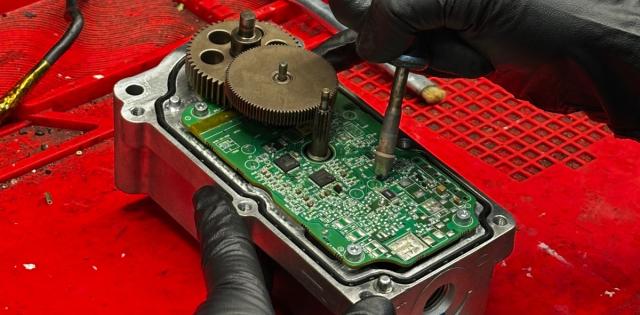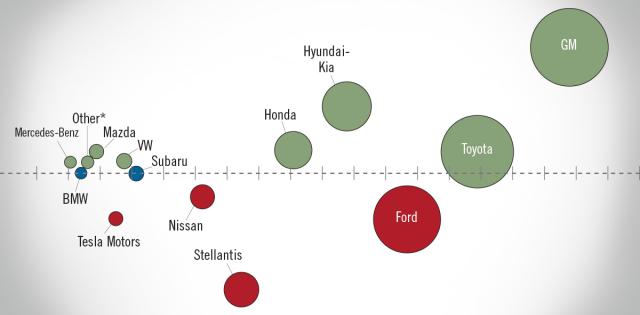There’s a great opportunity for dealerships despite COVID-19 disruptions. That’s what Matt Niess, director of Business Development at Automotive-Mastermind, wants business owners to know in the Lifeline Series webinar How to Kick-Start Auto Leads During and After COVID-19 Disruptions.
Niess’s central message: a transition is inevitable once the country emerges from this pandemic, and business owners must take deliberate action now to stay ahead of the competition. Consumers will inevitably need cars again, the sales cycle will restart, and competition will be as fierce as ever. An important priority for dealerships is generating better and more profitable leads and turning them into long-term loyalty and future success.
“The industry is moving toward a more modernized, customer-centric and technology-based way to engage with customers,” Niess said. So antiquated marketing approaches just won’t cut it anymore. One example is “Spray and Pray” marketing, which research shows produces steadily decreasing returns.
Why?
“Amazon, Netflix and myriad other companies have trained American consumers to expect that the brands marketing to them will give them personalized, relevant and useful messaging,” said Niess. In other words, the modern customer fully expects personalized and keenly targeted offers. Retailers who cannot meet that expectation will be left behind. It’s important to recognize that leads are the lifeblood of the retail auto business. Conversely, every bad lead is a drain on precious resources and money, both of which are in short supply right now. Dealers cannot afford to treat good leads and bad leads equally. The costs of bad leads include:
- Lost time that could have gone toward beneficial leads.
- Money that could have been spent on good opportunities is wasted.
- Sales staff lose motivation when wasting resources and energy.
Niess highlighted that more effective marketing starts with focusing efforts on solid opportunities and consistently giving a great experience from the very first touch point. Digital marketing is very effective, but it must be personalized. Data shows that nearly 80% of consumers are more likely to do business with a company that delivers a personalized experience that is relevant to their own behaviors, interests, and past purchasing trends. Savvy dealerships today must use a data-driven campaign with relevant messaging that caters to every single customer who utilizes both email and direct mail. Niess also advised the importance of integrating marketing messages and sales teams, so that sales professionals can capitalize on the insights from marketing efforts when customers come to purchase a vehicle. And in this age of quarantining and social distancing, the virtual platform can be an advantage. Niess advised that management teams should be trained and empowered to use virtual platforms.
- Allow for virtual trade-in assessments via video walk-through.
- Plan prospecting efforts around customers whose needs best match your current inventory.
- Enable your team to reach out to customers from home (where laws allow) and use video messaging to create a personal dialogue.
Finally, dealerships should not stop marketing. It’s critical to keep in touch with communities and make sure that messages are sensitive to today’s realities. Don’t be afraid to put customer-centric messages out there: lower payments or 0% interest; vehicle protection for cars out of warranty; and, most of all, the precautionary measures taken to protect both employees and customers.
In a world ravaged by a pandemic, savvy and smart marketing efforts won’t just pay off in sales but also in customer rapport.
The webinar is available on NADA’s Coronavirus Hub.
Note: NADA’s webinar is offered to assist its dealer members in the operation of their dealerships and for general informational purposes only. Each dealer must seek their own legal counsel and make their own independent business decisions and work with their attorneys to ensure social media posts and advertising comply with state and federal consumer protection laws. Before attempting to sell vehicles online, dealers must consult with their attorney or state/metro dealer association or licensing authority to better understand the requirement in their state. The presentation of this information is not intended to constitute legal advice nor encourage concerted action among competitors or any other action on the part of dealers that would in any manner fix or stabilize the price or any element of the price of any good or service.

